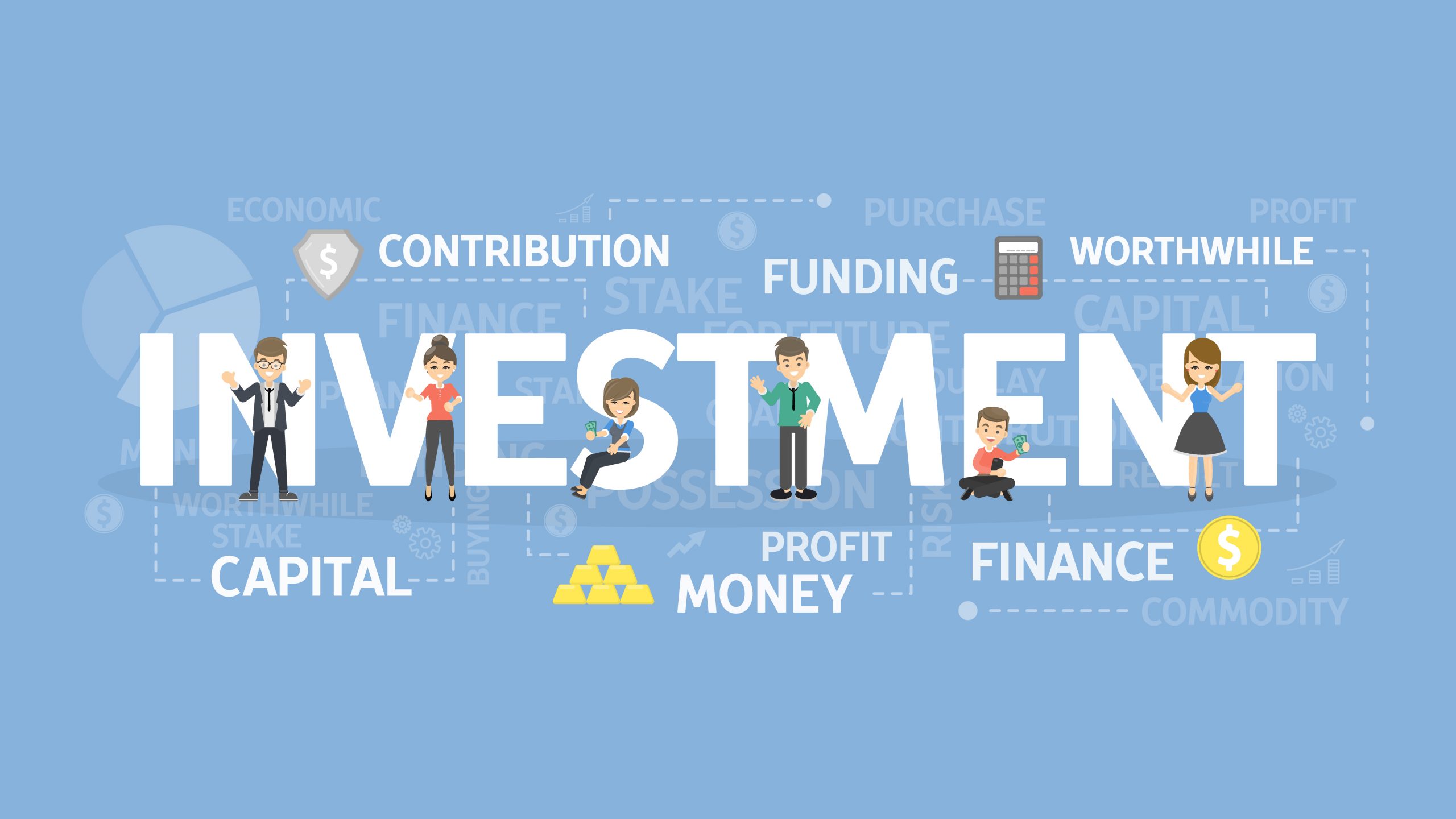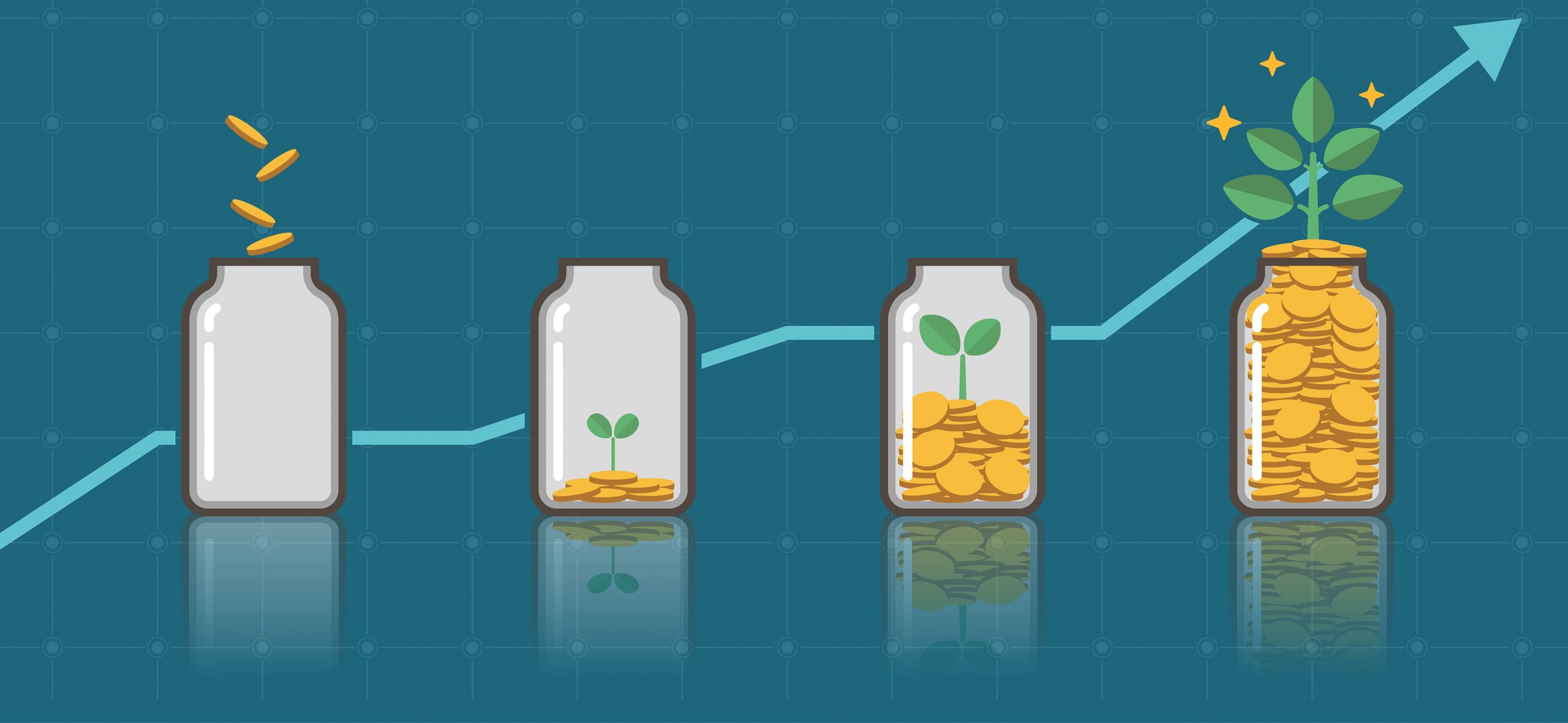Subscribe
Subscribe to EduBridge Blogs
Investment banking is emerging as an important tool for the expansion of industries and aiding the economic growth of many sectors around the world in this expanding era of globalization. To gain a better understanding of future of investment banking, it is necessary first to comprehend the idea of investment banking and then delve deeper to see what the future holds for it. So, let us begin with defining investment banking and then examine the current state and prospects of the industry.
WHAT IS INVESTMENT BANKING?
Investment banking is the practice of conducting unique financial transactions such as raising funds for various businesses and providing financial consulting services to them. Investment banking, on the other hand, should not be mistaken for general banking because it is a subset of banking that is separate from regular banking services and does not include the general public at large. Even if the general public can invest, the numbers and scope of such an endeavor are limited.
Investment banking can be considered in two ways: as a concept and as a career. Investment banking as a career is made up of highly trained and flawless individuals who have a thorough understanding of financial institutions, investment banking, and other related ideas. Most investment bankers have degrees in financial fields; however, as the world has progressed, the emphasis on the qualifications for becoming an investment banker has switched from fancy commerce-related degrees to having a passion for the industry and the necessary skills and knowledge. Yes, you heard it right, even if you are an engineer with a deep interest in the field and you wish to switch from your dull job to one that excites you, you may choose a few relevant courses from EduBridge’s wide range of financial and banking courses that provide you the right direction and put you on the right path.
Register for Advance Certification Program in Investment Banking Online Course.

STATUS QUO OF INVESTMENT BANKING
The banking sector has suffered major setbacks in the recent past with the COVID-19 pandemic and its devastating setbacks to the economy.
However, the investment banking sector has emerged as a fighter, striving to reach new heights as liquidity and money enter the markets. The pandemic-related issues caused the sector to suffer, resulting in issues such as dropping share prices, market democratization, liquidity stress, dynamic financial rules, and client deterrent. Because the pandemic is taking so long to finish, the industry has now accepted it as something that will last forever and has opted to thrive despite it.
With the fall of equity prices, empires of industries fell during the pandemic, putting both investors and owners into vicious cycles of debt, due to which the investors now shirk before investing, given the unstable and unpredictable behavior of the markets. However, over time, the trend in the same is changing as the market is now flooding with capital, and investment banking is achieving pinnacles of growth.
Investment banking, throughout the pandemic, was the blood running in the veins of the economy that somehow stabilized the economy by minimizing the damage. Even though most sectors lost their charm, this one profession was trying its best to relocate funds into industries that can function despite the closure of the economy. This is one major reason why we saw the surge of new industries such as the cosmetic industry, during the tough times of the pandemic.

FUTURE OF INVESTMENT BANKING
Because of recently emerging stock market trends, existing pandemics, and newly erupting outbreaks, the future of investment banking is uncertain. However, it is assumed that competition from other industries and digitization won’t pose a threat to this future. The investment banking sector recently put on a solid performance and has recovered, and it is anticipated that this will continue in the near future.
Some predictions or new trends that the sector is going to see in the coming future are:
- Seamless flow of capital
- The emergence of unstressed liquidity
- Emerging technologies
- Newer consumer expectations
- Changing business models
- Higher returns (subject to changes in business models)
The future of the investment banking sector looks bright, and it is growing in the right way. The system has made sure that the market is operating normally and that all other affairs are properly handled, despite the rupee’s recent significant slide against the dollar. In the near future, higher customer returns are projected in the sector; nonetheless, business model modifications are probable.
As per the The“Investment Banking Global Market Report 2022” published by ResearchAndMarkets.com, The global investment banking market is expected to grow from $138.95 billion in 2021 to $155.49 billion in 2022 at a compound annual growth rate (CAGR) of 11.9%. The market is expected to grow to $231.12 billion in 2026 at a compound annual growth rate (CAGR) of 10.4%.
To broaden its product offerings and increase its market share, investment banking is focusing on mergers and acquisitions. Boutique firms (small firms that specialise in a variety of fields) that serve specific industries such as technology, health care, finance, media, and entertainment are being acquired by large investment banks.
Because of the presence of a large number of niche-focused small firms, larger investment banking firms have significant opportunities. This is causing a surge in merger and acquisition activity in the investment banking industry.
WHAT DOES THE FUTURE OF INVESTMENT BANKING LOOK LIKE?
The future of investment banking is expected to be shaped by advancing technology and evolving market dynamics. Fintech innovations like artificial intelligence, blockchain and automation are likely to streamline processes and enhance efficiency. Investment banks will focus on providing personalized and digitalized services, while also adapting to regulatory changes and increasing emphasis on sustainability and ESG (Environmental, Social, and Governance) factors in investment decision-making. Let’s explore each of these elements in more detail:
Digitization
The scope of investment banking is becoming increasingly digitized, with a shift towards digital platforms and tools. This includes digital onboarding, automated processes for trade execution and enhanced client experiences through online portals and mobile applications. Digitization enables faster transactions, improved efficiency & greater accessibility for clients that leads to enhanced operational effectiveness.
Blockchain
Blockchain technology can profoundly transform the scope of investment banking through security, transparency and decentralising systems for transactions and asset transfers. It has the potential to expedite settlement processes, mitigate fraud, improve liquidity and enable real-time monitoring of transactions. Investment banks are actively investigating the application of blockchain in various domains like trade finance, cross-border payments and smart contracts.
AI & Automation
Artificial Intelligence (AI) and automation are transforming various aspects of investment banking. AI-powered algorithms can analyze vast amounts of data, identify patterns and make data-driven investment decisions. Automation streamlines processes like risk assessment, compliance and trade execution, reducing costs and improving accuracy. AI and automation enable investment banks to deliver faster and more personalized services to clients.
Cybersecurity
As technology advances, cybersecurity becomes increasingly critical for the future of investment banking. With the growing risk of cyber threats, banks are investing heavily in robust security measures to protect sensitive client data, prevent data breaches and ensure the integrity of financial transactions. Advancements in cybersecurity technologies and practices are crucial to maintaining trust and safeguarding the industry’s digital infrastructure.
ESG Investing
Environmental, Social and Governance (ESG) factors are gaining prominence in the future of investment banking decision-making. Investors are increasingly considering sustainability and ethical practices when allocating capital. Investment banks are incorporating ESG principles into their analysis and offering ESG-focused investment products and services. The integration of ESG considerations helps address environmental and social challenges while aligning investments with clients’ values and long-term sustainability goals.
Take our investment banking course from EduBridge and gain-in-depth understanding of complex securities, derivatives and trade lifecycles to excel in your profession with a 110% job- guarantee.

SCOPE OF INVESTMENT BANKING IN FUTURE
While we read what is investment banking, its future, now it’s time to look at the scope of investment banking. The landscape of banking is poised to undergo significant transformations in the future, necessitating proactive measures from banks to address evolving customer expectations, emerging technologies and innovative business models. Therefore banks must begin formulating strategies now to effectively adapt to the future of banking. An analysis of the current situation confirms the promising prospects of investment banking in the future. However, it is important to emphasize that stringent adherence to rules and regulations is a fundamental requirement for success in this field.
Protect Banks:
Protecting banks is crucial, especially the industry giants, to prevent any future repercussions. The President and CEO of the Federal Reserve Bank of America stressed the need to avoid any banks becoming “too big to fail.” But as per the current economic conditions of India, there are several banks of such magnitude that their potential failure could lead to severe economic chaos.
Ways to prevent bankruptcy:
There exists a widely held consensus within the global economy that banks should undergo increased scrutiny compared to their current level. Consequently, governments are actively brainstorming diverse schemes and initiatives aimed at mitigating the risk of bank failures and bankruptcy.
Strengthening banks
The passage of the Financial Regulation Depositors Insurance Bill represents a notable example of a comprehensive legislative reform aimed at bolstering banks and protecting them from potential harm amidst an approaching economic downturn.
While certain individuals actively strive to introduce and enhance diverse mechanisms for the development and fortification of banks, there are others who advocate for the complete elimination of investment banks from the economy. Their rationale stems from the belief that such banks primarily serve the interests of a select few, rather than benefiting the entire society.
CONCLUSION
Banking is an unpredictable function, however, with the right foresight into the same, one can easily predict what is next in the house, and manage the actions accordingly. From the above analysis of investment banking, it is safe to conclude that the sector knows how to stabilize itself in times of hardships and can ace the test of time.
What are you waiting for? Register with EduBridge and start with your career journey today.
Recent Blogs
Related Blogs
Accelerate Your Career with Expert Guidance and Guaranteed Job*!
"*" indicates required fields






